Chamonix. Hokkaido. Portillo. Certain locations are synonymous with international ski travel, meaning resources for trip planning are as plentiful as some places can be crowded. But what about planning a trip to Kosciusko, Aoraki, Vielha or some other little-spoken-of locale with limited beta, few available maps or no guidebooks? Where do you start?
Mountain Skills: Planning a trip to an offbeat location requires more than Google
Mountain Skills: Set a Plan and Stick to It
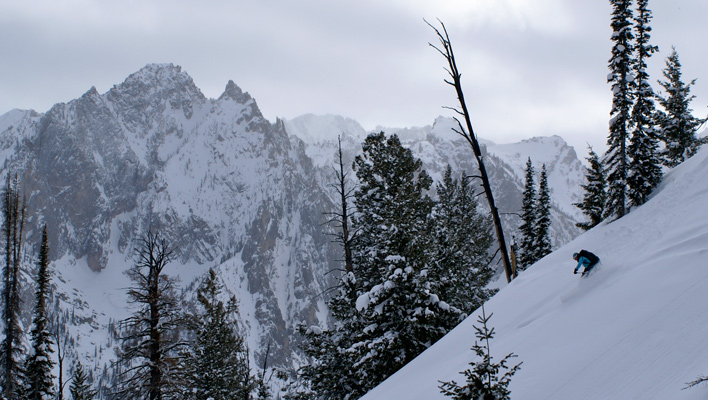
Sticking to your plan is easier said than done. But, it’s one of the best ways to stay safe in the backcountry.
Mountain Skills: Professional vs. Recreational Avalanche Training…what’s in it for me?
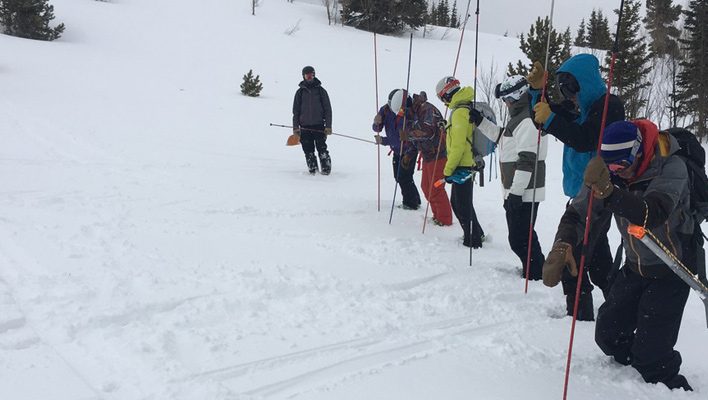
This winter, avalanche education in the U.S. will be evolving. The old system of Level 1, 2, 3 will be replaced with two options: a recreational track and one geared toward professionals. The goal of the split is to deliver better, more focused courses to each user group. So how do you know which one’s for you? Here’s the breakdown.
Mountain Skills: Hydrate or Die
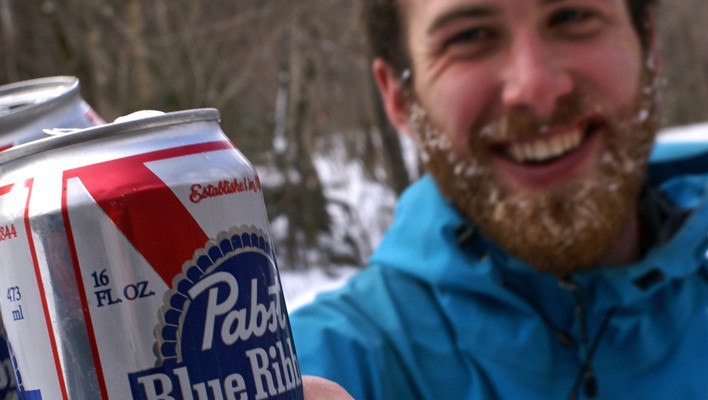
We lose fluids through perspiration (sweating) and respiration (breathing). While ski touring, high elevation and drier air make this even more dramatic. And during the spring, warm weather further exaggerates the amount of fluid lost. Dehydration leads to a drop of performance—in stages from slowing down to bonking to needing medical attention.
Mountain Skills: Anticipating Point Release Avalanches
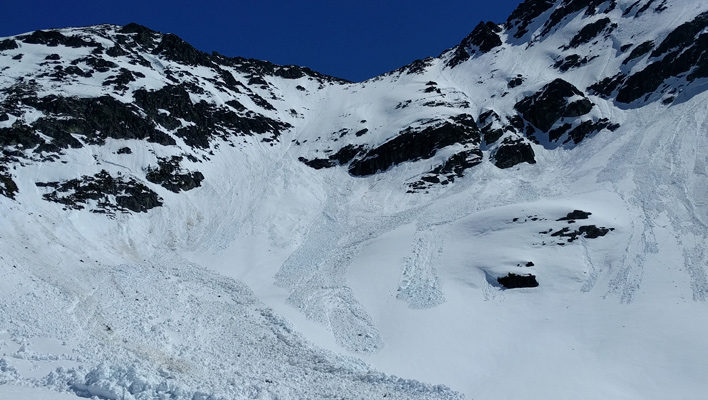
As the spring approaches, many of us turn our attention to steeper, more technical lines higher in the mountains. The layers of snow that formed throughout the winter begin to gain strength and the avalanche problem is less complicated—it’s ski mountaineering season! But as the temperatures climb, wet avalanches become a more regular, primary concern.
Mountain Skills: Take the time to be prepared for early season turns
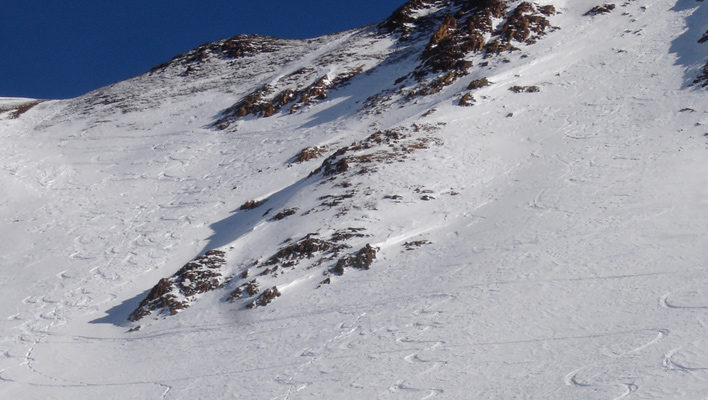
It’s late fall and many mountains throughout the U.S. have seen some decent early season snow. As a result, stoke is high and people are itching to ski. Guide Steve Banks shares his thoughts on how to capitalize on the early bounty.
Mountain Skills: How to Prepare for Your Level 1 Avalanche Course
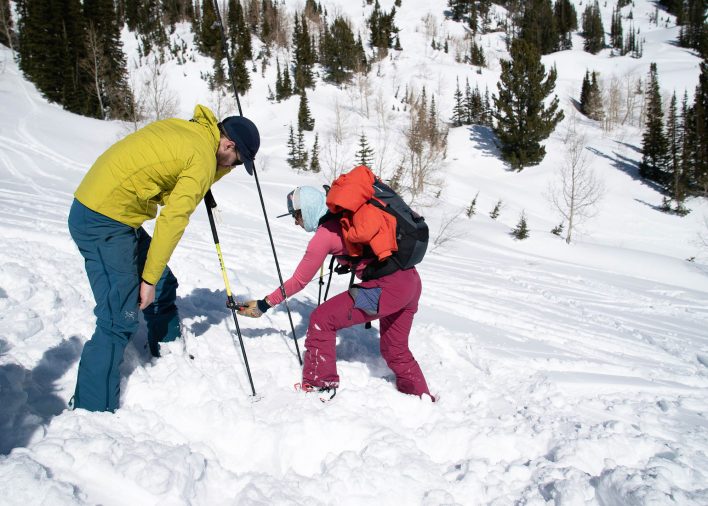
Beacon. Shovel. Probe. For years, these have been the standard required tools for heading into the backcountry. But what good are they without the proper training in how to recognize hazards and use them effectively? That’s where a 24-hour Level 1 avalanche certificate course comes into play.
Mountain Skills: Why You Should Upgrade Your Avalanche Transceiver
Imagine your best friend buried under frozen avalanche debris. Precious minutes have passed, and you are still fumbling around on the debris surface because the outdated transceiver you are searching with is unreliable and malfunctioning. According to Dale Atkins, former president of the American Avalanche Association and a 30-year avalanche professional, any transceiver more than 10 years old should be retired, even if it has hardly been used.
Mountain Skills: The tools and tricks to stay motivated in the skintrack
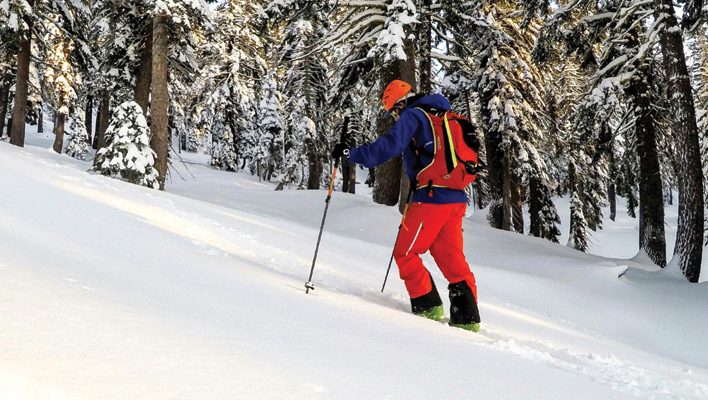
In 2016, Aaron Rice skied 2.5 million human-powered vertical feet, and there were definitely times when he just didn’t feel like skinning. He often wanted to ski one less run or even lay down in the snow and cry. But he knew that, to reach his goal, he had to become a master of motivating himself to start earlier, go longer, go faster and stop later.
Mountain Skills: Essential Education
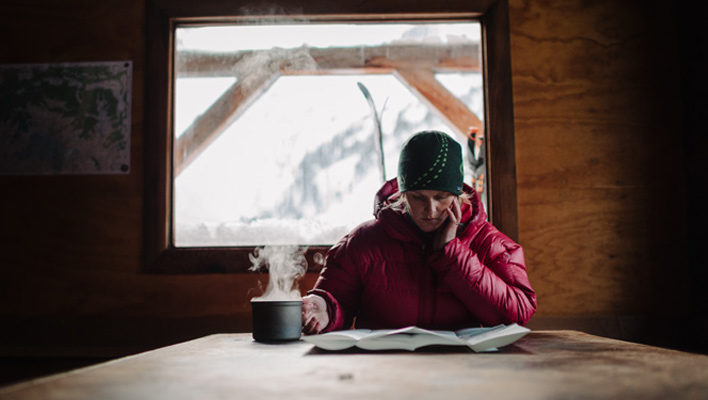
The list of skills and knowledge needed to get into the mountains is never ending. In fact, it’s subject matter that numerous careers are built on, but safe and efficient backcountry travel doesn’t necessarily require a PhD in snow science or a guide’s certification. It takes common sense, good partners, a willingness to learn and, above all, the following 10 things that every skier and rider should know.










